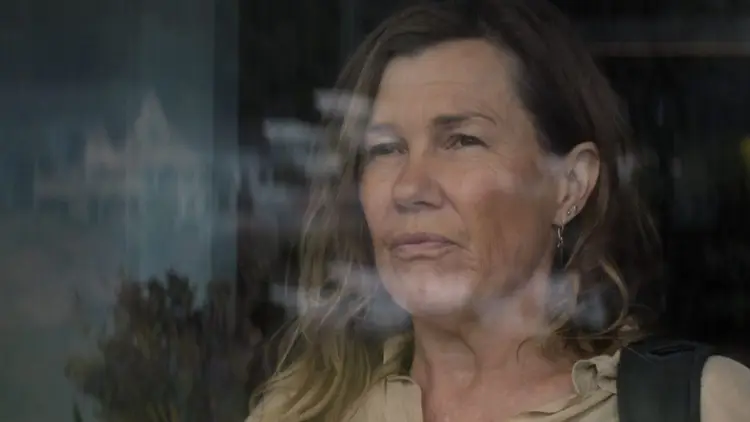After the Party is the best Kiwi drama since Top of the Lake

In addition to the film adaptations of Tolkien's works, one of New Zealand's standout cultural achievements of the 21st century is Jane Campion's miniseries, Top of the Lake. Although it aired a little more than ten years ago, its strikingly visual and intense take on the typical crime drama has set a standard for quality television.

It's fair to say that After the Party, New Zealand's newest TV show to arrive here, has a lot in common with that captivating series. Both feature intricate, suspenseful storytelling and revolve around dark histories resurfacing in the current day. Additionally, they both showcase performances by actors Robyn Malcolm and Peter Mullan.
However, After the Party, a six-episode series centered around a devastating allegation that divides a family, firmly establishes itself as a unique work. It presents a sharp and thought-provoking drama filled with complex ethical dilemmas, featuring an outstanding lead performance.
The story centers around Penny (played by Malcolm), a no-nonsense biology teacher at a boys' school. She's both understanding and a bit quirky—an inspiring figure who might stash a dead rat in her home freezer for a dissection lesson. When confronted with inappropriate material on a student’s phone, she chooses to address it directly rather than contacting the boy’s parents. “Sex is an amazing experience,” she tells her class of impressionable young men. “Don’t let junk like this spoil it for you.”
Marshall grabs attention right away as Penny, a character who represents a demographic that TV often overlooks unless they're exceptionally affluent. In her late 50s, she is a young grandmother, assisting her daughter Grace in taking care of Walt, the son she had as a teenager. At the same time, she's dealing with the challenges of her own mother's decline as she transitions into a retirement home.

Penny is straightforward and resilient, with a strong belief in progressive ideals. She rides her bike everywhere, poses for a life-drawing class, and, feeling frustrated by the inaction of her local environmental group, occasionally resorts to minor acts of vandalism.
However, her confidence disappears with the return of her charming ex-husband Phil (Mullan), who shows up after being away for five years. While Grace and some friends and colleagues welcome him enthusiastically, Penny withdraws and the first episode subtly hints at the reasons behind the rift between them.
As sarcastic remarks increase (“Just because you’re a woman doesn’t mean you’re telling the truth”), memories start to surface about the event that gives the drama its name—a lively birthday party for Phil filled with alcohol. With each drink consumed, the tension grew. It was clear that the light-hearted atmosphere was about to take a sinister turn, and you might have thought—like I did—that the story would focus on Penny experiencing an assault herself.
However, when the pivotal moment unfolds, it’s a challenging situation: Penny finds her husband in bed with a drunken and partially undressed teenage boy. “Shhhh,” Phil motions to her, placing a finger against his lips. The way Penny processes this sight, along with the reactions of those around her, becomes the core of a narrative that delves into murky territory, much like the overcast skies of Wellington.
Above all, this series revolves around the theme of control. The events of that night at the party have undoubtedly taken away Penny's sense of control, and having to face the situation—and Phil—once more presents a significant challenge to her self-identity and her most cherished relationships.
"After the Party" can be a tough viewing experience, but it never feels depressing. It's both challenging and captivating, and it stands out as a contemporary work of art.
The follow-up to the party airs tomorrow at 9 PM on Channel 4.











































